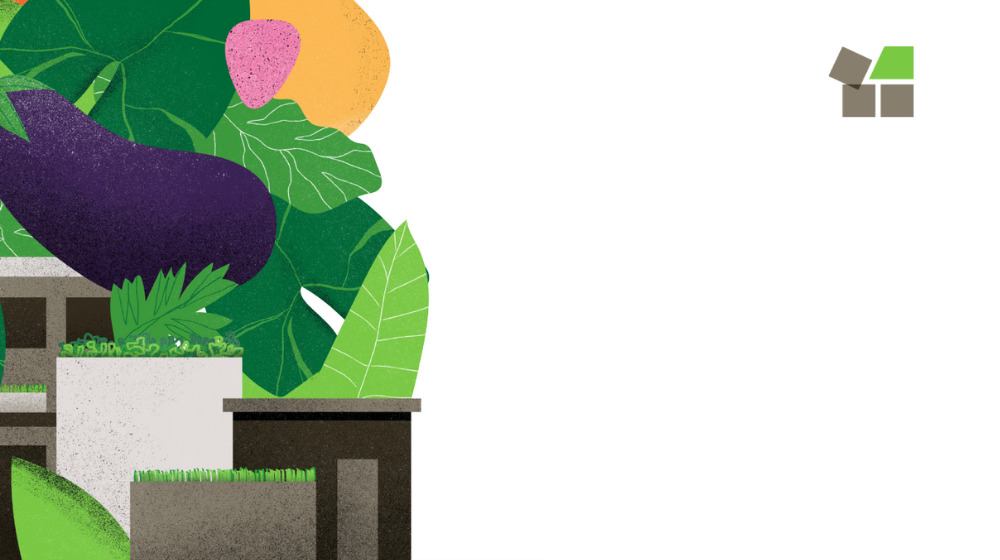Unprecedented platform presents public policies for promoting urban agriculture across the country

Food production in urban spaces has emerged as a key strategy for ensuring food security and generating employment and income. While there are various examples of urban agriculture policies in Brazil, information on these experiences was not concentrated in one place until now. As from 6 October, the public, in particular public managers across the country, will be able to access the Urban Agriculture Policies platform, outlining 100 local government initiatives aimed at strengthening the activity. The online platform is an unprecedented initiative conceived by Instituto Escolhas.
“The platform is accessible to everyone, but primarily we believe that it will meet the underlying demands of Brazilian public management: the need to access references before starting a project to promote urban agriculture”, explains Jaqueline Ferreira, portfolio manager at Instituto Escolhas. Jaqueline stresses that local governments are closer to citizens, meaning that they are more able to develop actions in cooperation with civil society, strengthening local associations.
The Urban Agriculture Policies platform allows users to navigate through different local government policies and learn about their objectives and implementation instruments, including relevant laws, projects and regulations. The platform therefore provides public managers with concrete examples of policies in a number of key areas, including technical assistance, training and capacity building, support for commercialization and production, and participatory management. We also present four case studies outlining experiences of promoting the installation of urban vegetable gardens in Belo Horizonte, Curitiba, Recife, and Rio de Janeiro.
The platform also provides 10 recommendations to encourage the implementation of urban vegetable gardens, such as how to identify potential areas, establish procedures for distributing and selling produce, and develop legal mechanisms for the granting of public or private areas for initiatives. For Jaqueline Ferreira, “the first step towards promoting the implementation of urban vegetable gardens is mapping suitable available spaces, prioritizing areas close to vulnerable communities, environmentally fragile areas, and idle lands that are not fulfilling their social function”.
The mapping exercise undertaken by Instituto Escolhas revealed greater emphasis on policies that support production, observing 51 cases in which the most common initiatives were urban vegetable gardens. In most of the experiences the municipal authorities are the main actors involved in the implementation of the policy. Only 8 cases involved other spheres of government and in 14 cases the main actors involved included civil society organizations. The Southeast region accounted for the largest number of cases (40), followed by the South (30), Northeast (17), North (8), and Midwest (5).
How to access the Urban Agriculture Policies platform
Access either www.100politicas.escolhas.org or click on Plataformas on our website (www.escolhas.org). On the home page you will find a map of the initiatives organized by different filters, such as type of policy and location. The same information is available in spreadsheet format.
The platform is available only in Portuguese.
Related
Brazil attended COP-6 in Minamata without presenting an action plan to address mercury usage in mining
Study shows 2,274% increase in herbicide use for soybean production
Technical assistance is prevalent in legal regulations and public policies; however, a study indicates that it does not adequately reach rural producers
Study reveals Brazil applies pesticides and fertilizers inefficiently and unsustainably in soybean farming

 Texto
Texto